Medicine details
| Image |  |
| Name | Stela 5 |
| Dosage | Tablet |
| Generic Name | Trifluoperazine |
| Classes |
Central Nervous System Agent Psychotherapeutic Agent Phenothiazine Antipsychotic |
| Diseases |
Anxiety Mental Disorder Schizophrenia |
| Company | Delta Pharma Limited |
Drug Package Details
| Strength | 5 mg |
| Storage Condition | |
| Origin Country | Bangladesh |
| Commercial Pack | 100 |
| Price per pack | ৳ 300.00 |
| Cost per pack | ৳ 264.00 |
| Package unit | 10 tabs strip |
| Price per unit | ৳ 3.00 |
| Cost per unit | ৳ 2.64 |
| Discount | 0 |
| Coupon | |
| Remarks |
Trifluoperazine
Trifluoperazine is a member of the class of drugs known as phenothiazines. It works by blocking the action of dopamine in the brain, which can help reduce symptoms of certain mental disorders.
- The recommended dosage for adults of trifluoperazine HCl should be based on individual needs and the lowest effective dosage should be used. The dosage should be increased more slowly for debilitated or emaciated patients. Once maximum response is achieved, the dosage should be gradually reduced to a maintenance level. Due to the long action of the drug, some patients may only need to take it twice a day, while others may only need to take it once a day. If trifluoperazine HCl is administered by intramuscular injection, an equivalent oral dosage may be substituted once symptoms are controlled.
- Elderly patients may need lower dosages as they may be more susceptible to hypotension and neuromuscular reactions. Dosages should be tailored to the individual and response should be carefully monitored. Dosages should be increased more slowly in elderly patients.
- For non-psychotic anxiety, the usual dosage is 1-2 mg twice a day, for no longer than 12 weeks and not exceeding 6 mg per day. For schizophrenia, the usual starting dosage is 2-5 mg twice a day. Patients should be started on a lower dosage if they are small or emaciated. The optimal therapeutic dosage should be reached within 2-3 weeks.
- The concentrate dosage form of trifluoperazine HCl should be added to at least 60 mL of diluent prior to administration. Possible vehicles for dilution are tomato or fruit juice, milk, simple syrup, orange syrup, carbonated beverages, coffee, tea, water, or semisolid foods.
- For intramuscular use, the usual dosage is 1-2 mg (0.5-1 mL) every 4 to 6 hours, up to 6 mg per 24 hours. Only in exceptional cases should the dosage exceed 10 mg within 24 hours, and injections should not be given at intervals of less than 4 hours.
- Dosages for children should be adjusted based on their weight and the severity of their symptoms. The starting dosage for children ages 6 to 12 is 1 mg administered once a day or twice a day. Dosages may be increased gradually until symptoms are controlled or until side effects become troublesome. Some older children with severe symptoms may require higher dosages, but dosages should not usually exceed 15 mg daily. There is limited experience with the use of trifluoperazine HCl injection in children. If necessary, 1 mg of the drug may be administered intramuscularly once or twice a day.
The most common side effects of Trifluoperazine include-
- drowsiness
- dizziness
- dry mouth
- constipation
- blurred vision
- anxiety
- weight gain
Other side effects may include tardive dyskinesia, extrapyramidal symptoms, akathisia, seizures, and agranulocytosis.
- Antipsychotic drugs may cause tardive dyskinesia, a syndrome of involuntary and potentially permanent movements, especially in elderly patients. There is no reliable way to predict which patients will develop the syndrome. It is also unclear whether different antipsychotic drugs have varying potentials to cause tardive dyskinesia.
- Neuroleptic Malignant Syndrome (NMS), a potentially fatal symptom complex, has also been reported with antipsychotic drug use.
- Trifluoperazine use during pregnancy is not recommended unless it is absolutely essential and the benefits outweigh the risks. Newborn infants whose mothers received phenothiazines may experience prolonged jaundice, extrapyramidal signs, hyperreflexia or hyporeflexia.
- Nursing mothers taking trifluoperazine should consider discontinuing nursing or the drug, taking into account the importance of the drug to the mother and the potential risks to the infant.
- The drug should be used with caution in patients with a history of seizures, as it may lower the seizure threshold.
- Trifluoperazine may cause drowsiness or dizziness, which may impair the patient's ability to drive or operate machinery.
- The drug should be used with caution in elderly patients, as they may be more sensitive to the effects of Trifluoperazine.
- Trifluoperazine may interact with other drugs, including CNS depressants, anticholinergics, and beta-blockers.
Contraindication
Trifluoperazine is contraindicated in patients with a history of hypersensitivity to the drug or to other phenothiazines such as-
None known.
Trifluoperazine is contraindicated in-
- comatose or greatly depressed states due to central nervous system depressants
- existing blood dyscrasias
- myelosuppression
- pre-existing liver damage
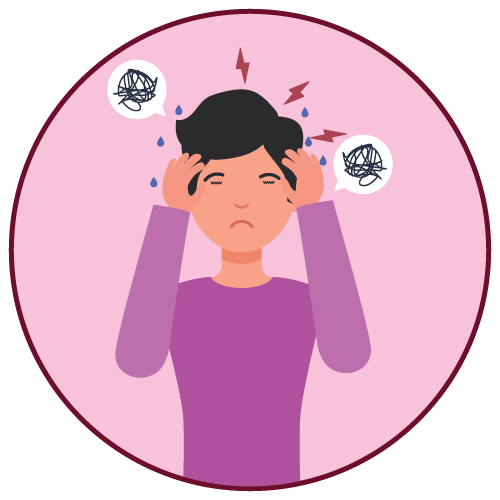
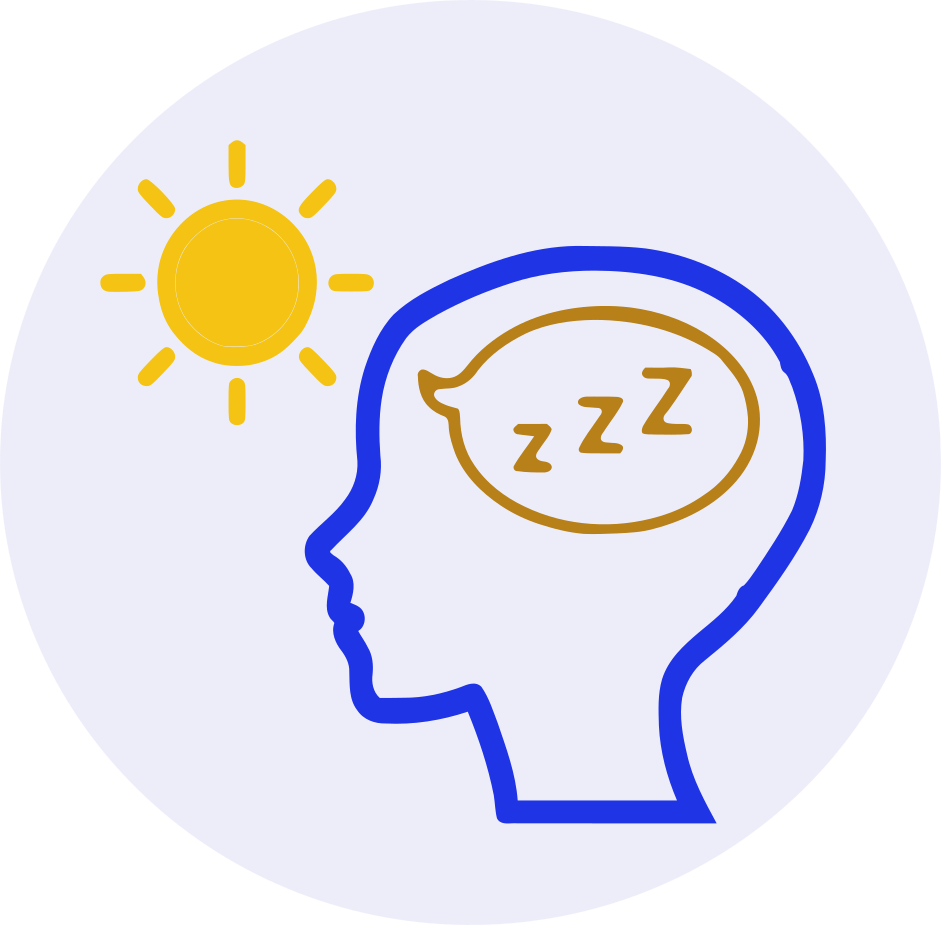



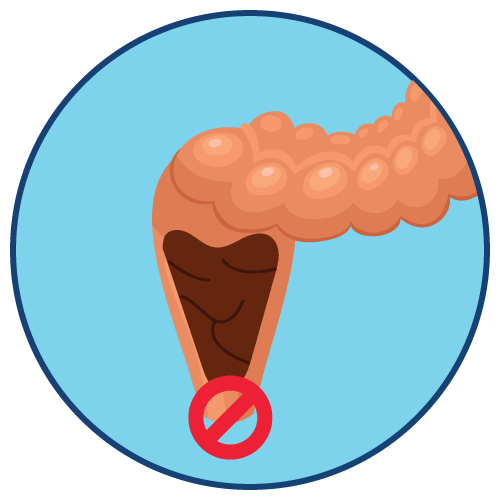
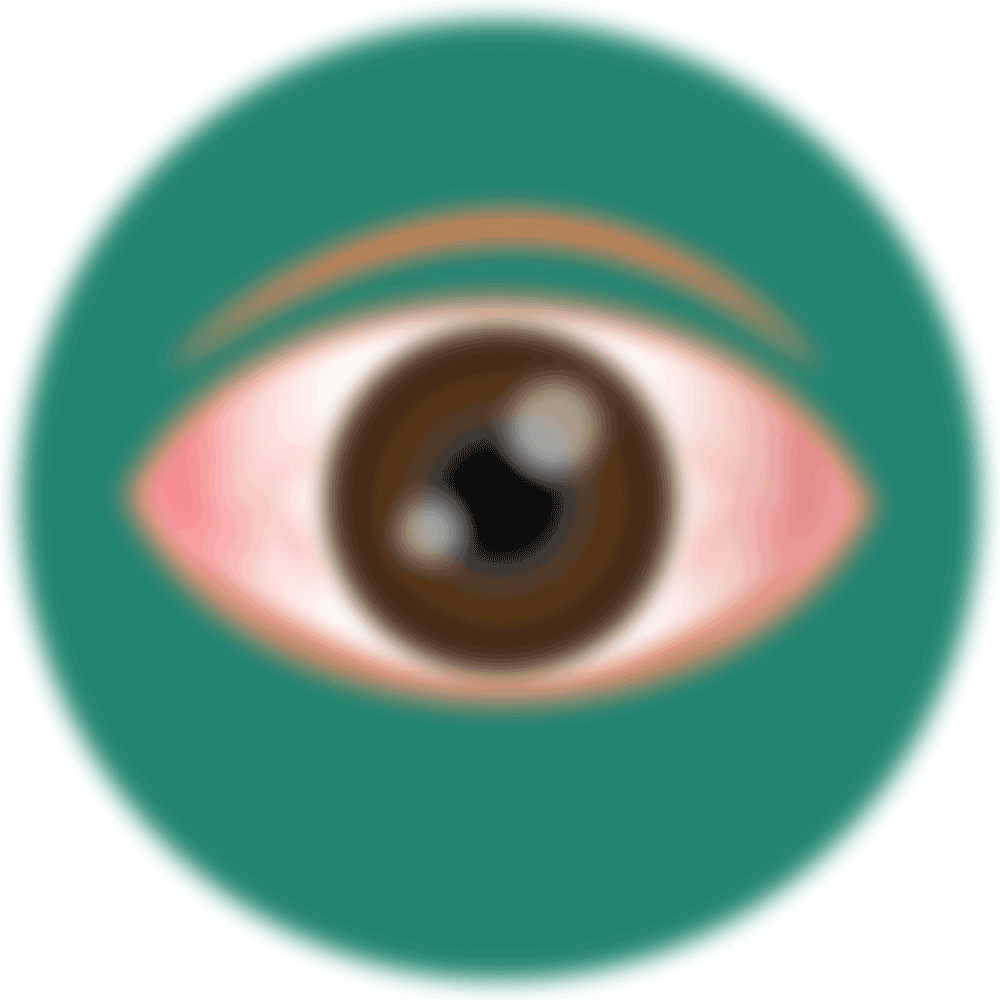


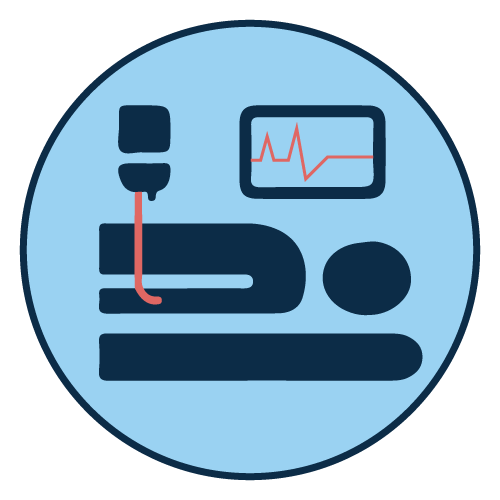
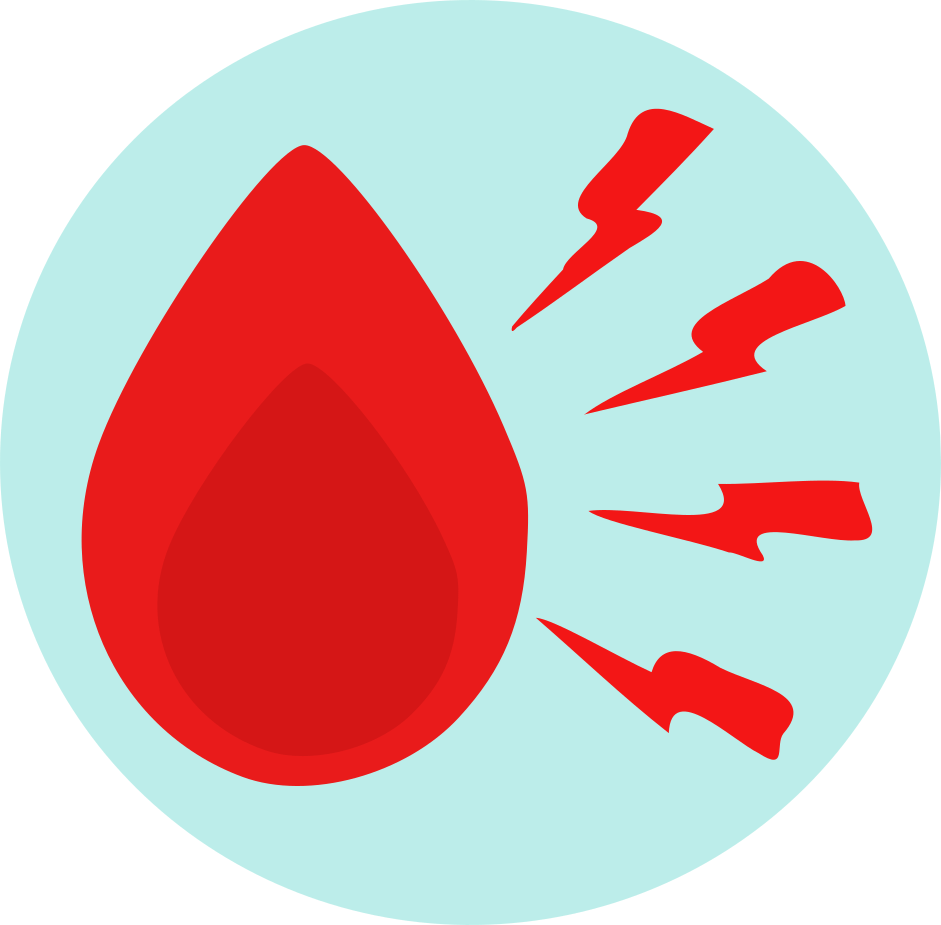
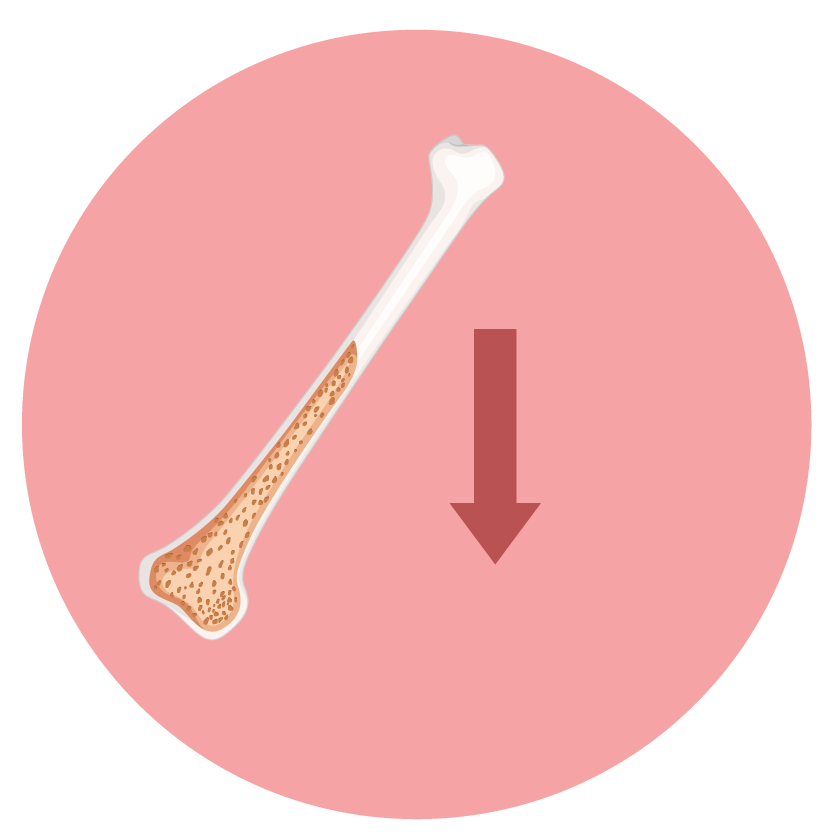

 Bangla
Bangla English
English